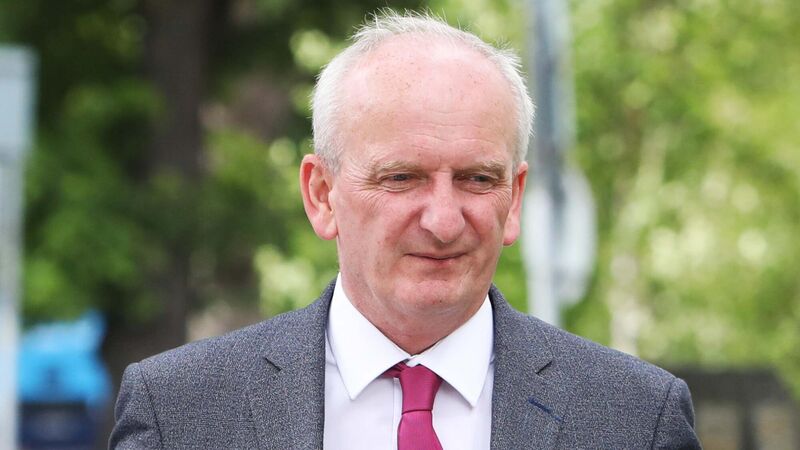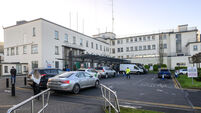14,500 people left A&E without treatment in January and February

HSE CEO Bernard Gloster said: 'We know that hospitals will experience pressure coming into Tuesday morning'. Picture: Leah Farrell /RollingNews.ie
Nearly 14,500 people left Irish emergency departments (EDs)without being treated in the first two months of 2023.
While the figure represents a drop on 2022, it is an increase of over 2,000 on the pre-pandemic months of January and February 2020.













